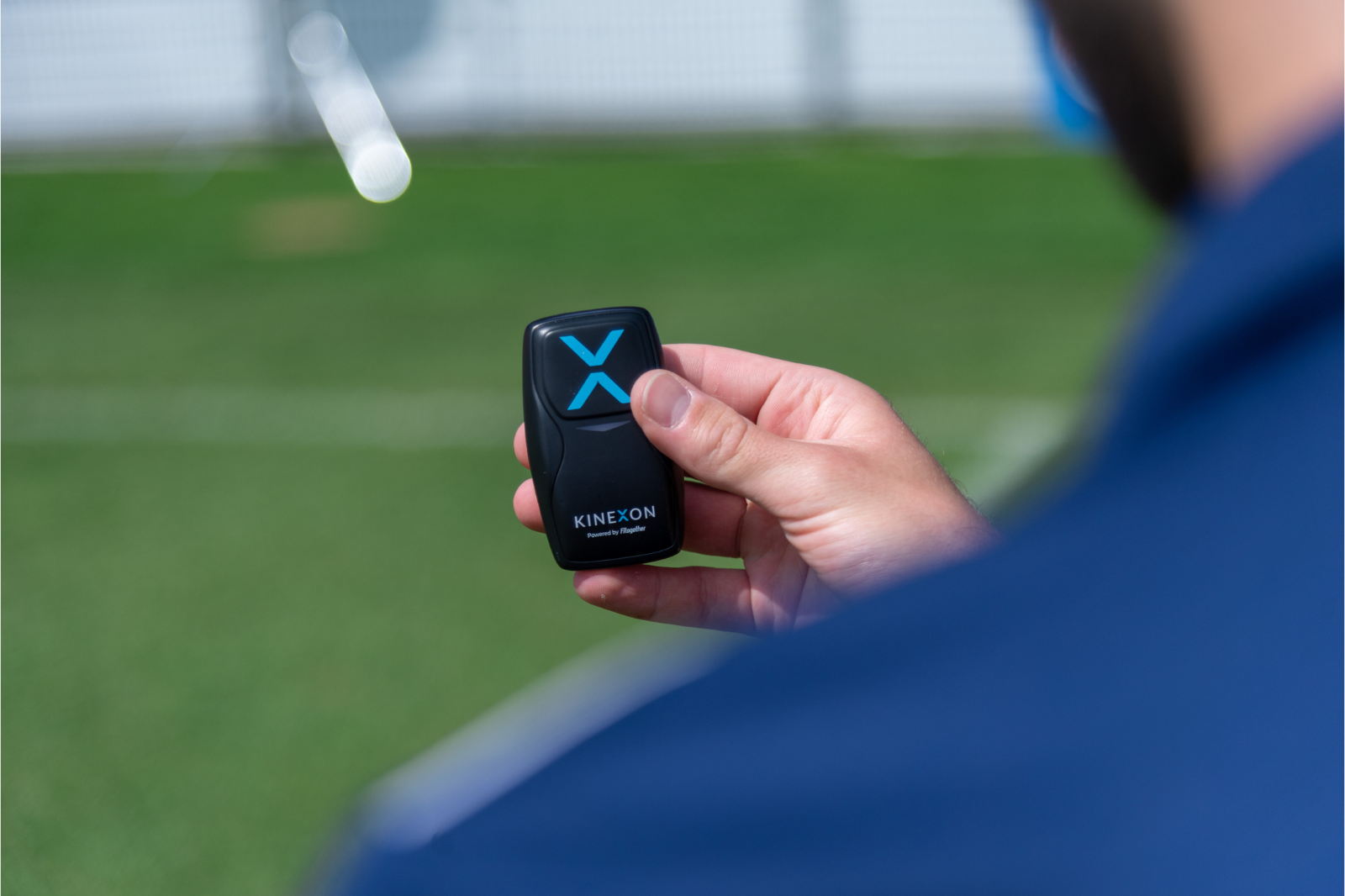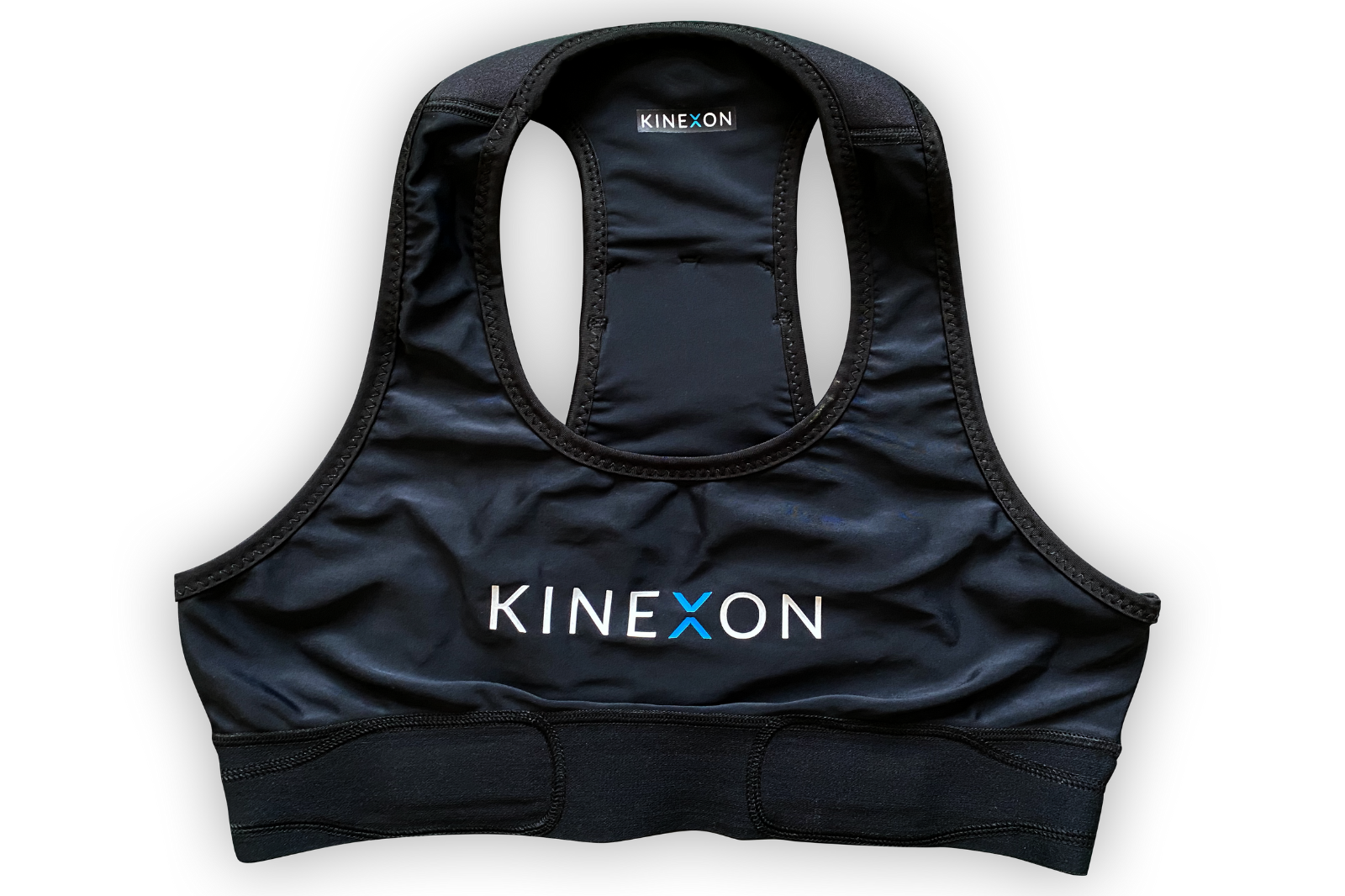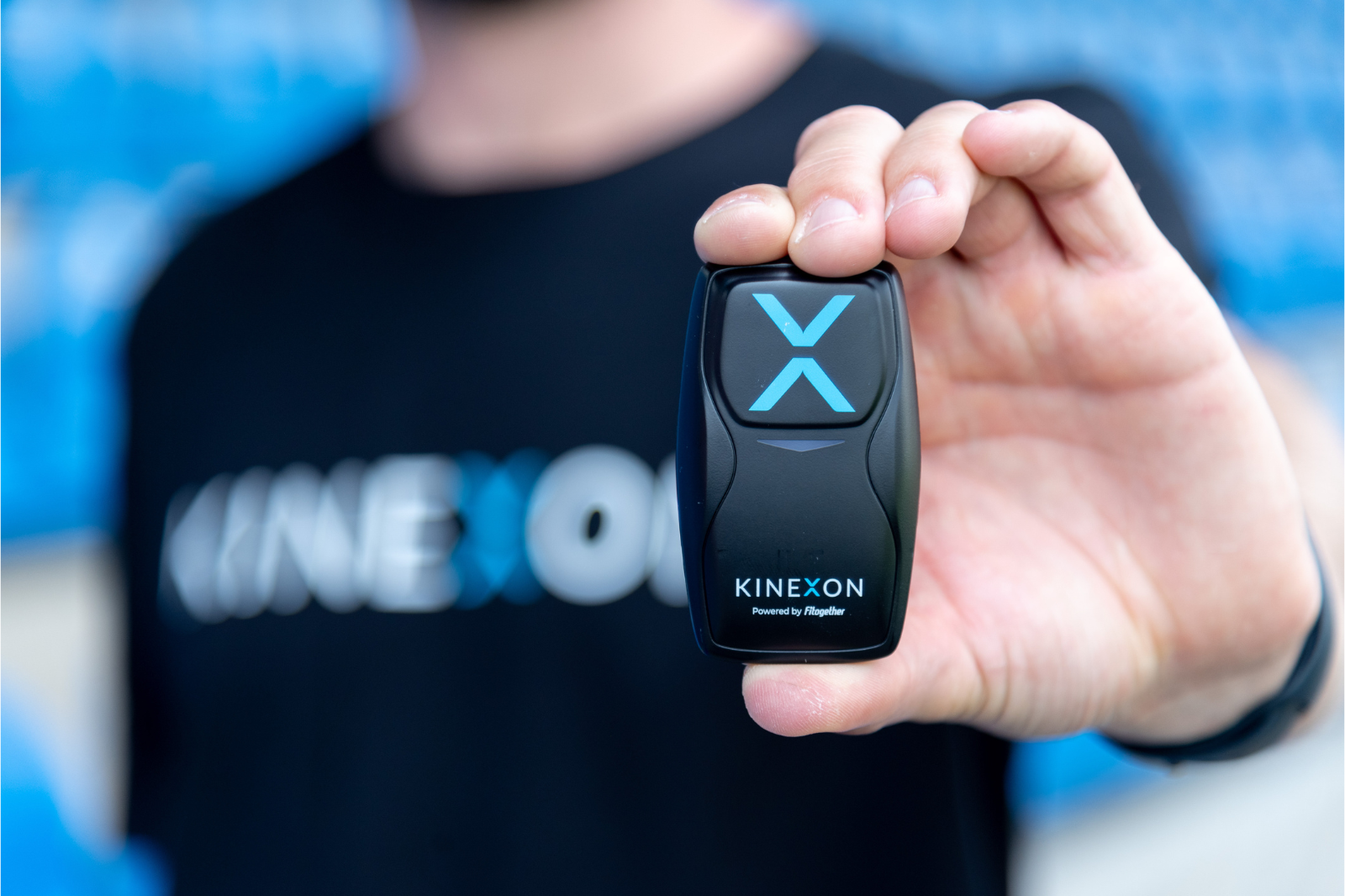The Smarter Factory: Staying Ahead of the Competition with Sustainable Production
Sustainability initiatives are having a considerable impact on business strategy. Learn in this post how Location-based Process Automation (LPA) can effectively drive digital transformation, productivity, and sustainability for your production.

By implementing sustainable processes, companies achieve multiple goals at once — from resource conservation to cost efficiency all the way to leadership in social responsibility. It is not surprising then that the topic of sustainability ranks high on CEOs’ agendas, especially in the manufacturing industry. According to the 2022 CxO Sustainability Survey conducted by consulting firm Deloitte, 73% of companies expect climate change to have a high impact on business strategy moving forward.
So how exactly can industrial companies succeed by establishing sustainable production? Let’s find out!
SUSTAINABILITY IN INDUSTRY — A MULTI-LAYERED ISSUE
Strictly speaking, sustainable production means that value-adding activities neither pollute the environment nor have socially unacceptable consequences. This means that the goals and needs of various stakeholders, which may not always be compatible, must be reconciled. While benefits for the environment and society must be created, the high expectations of shareholders also have to be met. A successful transformation to sustainable production, therefore, requires a sound strategy that extends to all functional areas of the company — from product development and purchasing to strategic partnerships in manufacturing and the supply chain. However, in industrial production, sustainability goes beyond the efficient use of personnel, energy, and materials; it encompasses the efficiency of any given process along the value chain.
Before companies can comprehensively analyze their existing processes, they must ask themselves the following crucial questions:
- How smart and effective are my process?
- Are my assets at the right place at the right time?
- Am I deploying my workforce and assets as efficiently as possible?
These questions may sound trivial, but many manufacturing companies struggle with addressing them effectively. For example, there is often a quite significant lack of knowledge and transparency about the location, movements, and status of assets on the shop floor.
THE DIGITAL TWIN AS THE KEY ENABLER OF SUSTAINABLE PRODUCTION
Complete visibility into what is happening on the shop floor can only be achieved by translating the physical world into a digital twin, enabled by the Internet of Things and precise location data. With the right localization technologies, companies can digitize and network all components involved in their production flow (e.g., machines, materials, containers, forklifts, AGVs/AMRs, and tools). A Location-based Process Automation (LPA) software then processes the location data collected and enables process analysis, optimization, and automation. This enables companies to see which processes are creating value and which need to be adjusted.
“80% OF ALL ENTERPRISE DATA CONTAINS A LOCATION COMPONENT”
As inefficient processes are optimized and automated, usage of materials and natural resources (e.g. wood as raw material for paper production and water) is reduced. In addition, due to a lower manual error rate, there is less need for rework, and ultimately less waste. All these savings have a positive effect on the ecological balance sheet and reduce production costs.
With the current rise in raw material prices and supply chain disruptions, now is the time to leverage the power of digitalization to secure productivity and achieve ambitious sustainability goals.
KINEXON DELIVERS KEY TECHNOLOGIES FOR SUSTAINABLE PRODUCTION
As the world’s leading provider of smart technologies for real-time localization and process automation, KINEXON delivers the optimal location-based solution for networking all objects along the value chain. Real-time Locating Systems (RTLS) enable industrial companies to collect precise location data of all moving assets from a variety of location technologies (UWB, GPS, BLE, and more). The LPA software KINEXON OS processes the captured location and context data and creates a digital twin in real time. Based on the data, multi-stage production processes can be modeled and optimized for a range of use cases – with a clear ROI.
KINEXON’s ePaper Tag is the most prominent UWB sensor for sustainable, paperless production. Equipped with an eInk display, this UWB tag is used to digitize error-prone, manual paperwork and documentation during the production process. Employees can retrieve order data directly on the display, eliminating unnecessary and unreliable paperwork and manual scanning.
SUSTAINABLE PRODUCTION PAYS OFF IN EVERY RESPECT
Inefficient processes and production errors are like sand in the fast-moving gears on the way toward a sustainable, smart factory. Location-based process automation enables companies to quickly set up lean, efficient processes for a variety of use cases – and scale them seamlessly across facilities.
Renowned customers have long recognized the full potential of position data and have made a real-time localization system with LPA software an integral part of their production. They benefit from a 21% lower error rate, a 10% increase in productivity, and a complete reduction in paperwork — all while improving quality.
With digitized production, industrial companies are also taking on a pioneering role in terms of social responsibility. After all, customers are not only interested in impeccable products, but also in the supplier’s strong corporate values. Social and ecological responsibility and financial profitability are therefore not mutually exclusive in sustainably producing companies. On the contrary — sustainable production creates a decisive, long-term competitive advantage.
Learn more about paperless production in our video and watch our on-demand webinar here.














